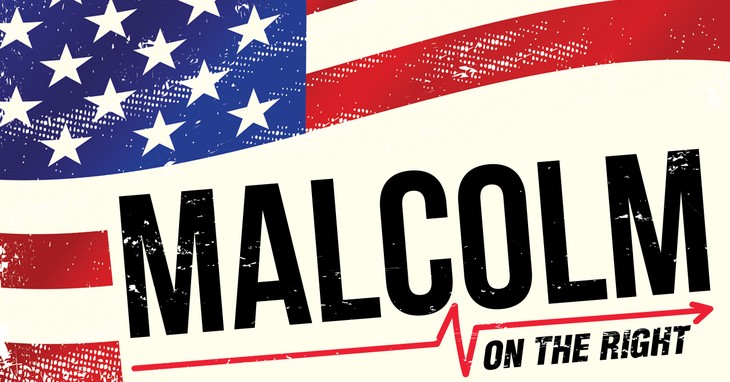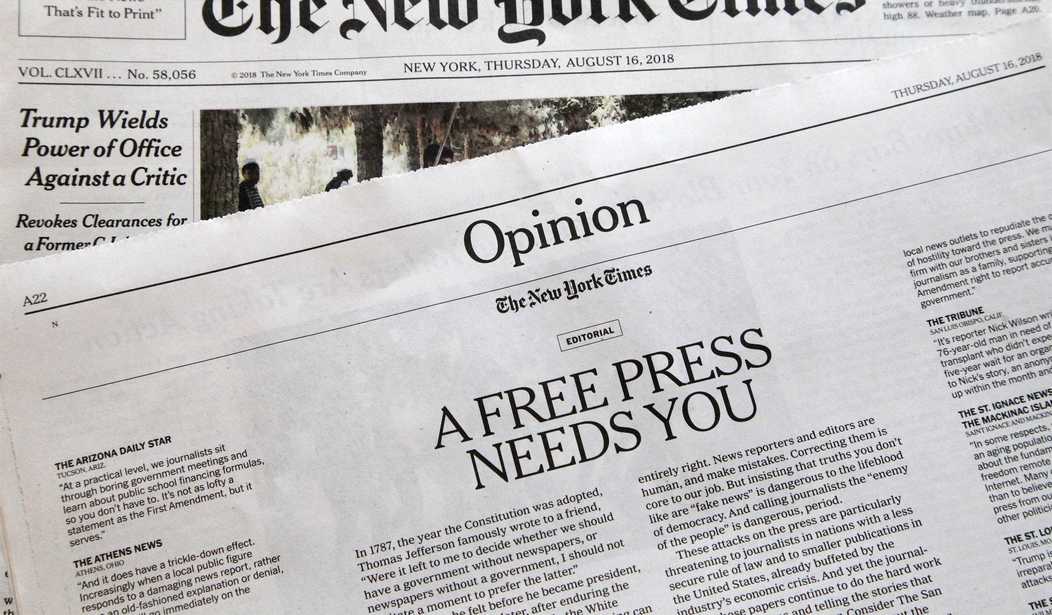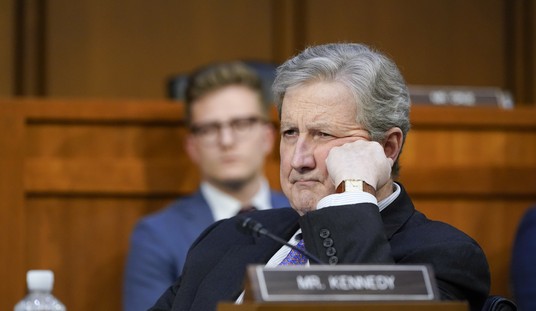“Isn’t it interesting,” my father said with a sly smile, “how every day just enough news happens to fill every newspaper?”
“Yeh!” his little boy replied in genuine amazement, “That is.”
Then, Dad gave me that tilted-head-look that said, silently, “Think, son. Think.”
Eventually, of course, I grasped his point: That newspapers are institutions run by fallible humans who make thousands of decisions for every edition, many of them involving what news not to put in the newspaper. I’ve learned much more in the 58 years since my first newspaper job.
That newspaper is dead now, as many others have passed on over the years for particular reasons, including their own self-importance, ignorance, and resistance to change. Taking with them thousands of jobs. Now comes word that Gannett, the nation’s largest newspaper owner with 1,000 weeklies and more than 100 dailies, will stop publishing individual columnists and slash the space devoted to editorials.
As someone who’s had both jobs, I can sympathize with the about-to-be-unemployed writers. Newspapers have been an important, integral, often colorful, transitory, and not always honest part of American history.
The first known newspaper was Publick Occurences Both Forreign and Domestick. Its first edition was published on Sept. 25, 1690. That was also its last edition, owing to suppression by colonial authorities.
Others slowly emerged, often as sidelines of print shops looking to utilize idle presses. James Franklin, Ben’s older brother, ran one influential paper, the Boston Gazette, in the early 1700s.
For a long time, papers were the voice of a plethora of political parties. Some would argue many still are, but just one party. Widespread literacy and the penny press brought those publications within reach of regular people and exerted enormous influence.
Radio, then television, and the explosion of personal cars that revolutionized commuting began forcing industry changes through the 1900s, including consolidation as second and third-generation family owners lost interest in grandpa’s paper passion. Chains grew. Newspapers were important purveyors of a largely common set of facts for public debate. To this day, virtually everything that drive-time radio hosts discuss and argue over comes from that morning’s newspaper.
My newspaper life began in the 1960s. There was an arrogance to the business then. Monopolies do that.
I’ve often thought of editors as pharmacists in white coats deciding on stories and prescribing each day’s dose of news to administer to customers who had no other real sources of information. During the Cuban missile crisis, I walked to a local newsstand to get the afternoon paper’s second edition.
Many newspaper stories were uninteresting, reeking less of real news than efforts by editors and reporters to demonstrate they’d worked that day. In the early 2000s, I realized I had three sons born, doctored, educated, fed, clothed, entertained, and traveled by earnings from a print newspaper. And none of them read one.
Soon after, I switched enthusiastically to online writing for a newspaper’s website where attention to readers’ interests was paramount. As late as 2008, a print colleague actually asked me with incredulity, “You mean you’d publish a story online just because you think readers would be interested?”
My response — “You bet your sweet ass, John” – raised that meeting’s temperature.

But it reflected a lingering newsroom myopia about the radically-changed landscape of journalism in a highly competitive Internet world with an ever-expanding array of sources, not all of them reliable.
With no Walter Cronkite to declare nightly “And that’s the way it is,” the new news universe suddenly thrust responsibility for selecting credible news outlets onto consumers, who’ve not yet figured out how to do that well — too often simply believing the first source they see.
Slowly, the legacy media is adapting to this brave new world where technology and mouse clicks determine financial viability, not department store ads. A few major outlets like the Wall Street Journal and New York Times, an old employer of mine, have found impressive financial success online. Others not so much.
McClatchy Newspapers eliminated some columnists and Investor’s Business Daily killed its entire prize-winning editorial page operation, both of which I’ve written for. Other papers have stopped print operations altogether or cut publication days.
Newspaper editorials for generations relied on telling readers what to think, who to vote for, why policies were bad. That was their job then. But Americans have tired of being told what to think and do.
Ask any preacher or editor or coach today how effective it is to tell people what to do and think. Good preachers tell stories now, not rules. Players want to know why they’re doing certain drills. Editors can still make decisions now, but as we saw at the Times, revolting newsroom members can force a reversal.
Widespread retrenching by absentee owners like Gannett’s on print products has ensued, which hurts quality, which hurts readership, which prompts more retrenching. Recall the apocryphal Hollywood producer’s fatalistic explanation for a flop: “If people don’t want to come, you can’t stop them.”
In tenth grade when I heard a foreign correspondent speak on his journalism career and travels, it demolished my academic lethargy and gave me professional purpose.
It took me 10 years to reach my goal abroad. I got there and had many exciting, rewarding, and mostly satisfying times and travels at home and abroad. I met countless fascinating people who shared with me their dreams and lives and sadnesses. I also encountered duds.
The people I wrote about enriched my life. They trusted me to tell their story fairly and honestly. I had no predetermined agenda that details and quotes had to fit. I just love to tell stories. Ask Mrs. Vydra if my storytelling dominated sixth-grade Show and Tell.
I do not regret my career choices. But I could not honestly advise a tenth grader today to pursue the same career path. That work and this world have changed too much.
I used to carry a pocketful of dimes to work every day for the pay phones. Journalism today has amazing technology to tell stories.
It also has an agenda. It’s not my agenda. I had no agenda, except to tell a good story. I never talked politics with early newspaper colleagues. I changed my party registration regularly in case anyone checked.
Today that’s all changed. You don’t need editorial pages anymore because the opinions are all over most pages. In effect, we’re back to a 20th-century party press. That fits today’s partisan times, but it isn’t good long-term for a democracy’s political health.
Remember how the Washington Post conscientiously counted President Trump’s lies into the thousands? Because, you know, Democracy Dies in Darkness.
How many lies has Joe Biden told in this, his last term? An awful lot, that’s for sure. But no one in media is counting because he’s the correct party. Yet as with most pols, Biden is still unhappy with the lack of coverage of all his successes, whatever they are.
Polls show abundant distrust of media today. Well, duh! Anyone can see events for themselves. Thank you, C-SPAN, a national treasure. They can spot the distortions, the fudges always slanted the same way. Worse, anyone can tap into scores of alternate sources to discover what does not get covered by the mainstream. Think for starters of Hunter Biden’s laptop.
I’m unsure if today’s mainstream media can ever regain society’s trust, beyond the specific niche they cater to and coddle. I’m unsure if they even want to. So, more outlets will just continue to fade into sad irrelevance.
My father, rest his soul, read all kinds of newspapers. He was a huge fan. He read at least one every day, closely. He’d planned to work for one as a young man, but during the Depression, you accepted the first job offered.
He was quite proud that his son worked for a major newspaper. And when Dad died and I was going through his things, I discovered large drawers crammed with newspaper clippings preserved in plastic bags.
What subject could have been so important for him to collect so carefully and stash in a safe place? I looked closer. Some articles appeared familiar. OMG! They were my newspaper stories, all of them, some decades old, probably thousands. He’d even cut out stories I’d written that did not have my byline, so closely did the engineer study the newspaper and his son’s style.
That won’t be happening for future generations of newspapers. They’re dying too.












